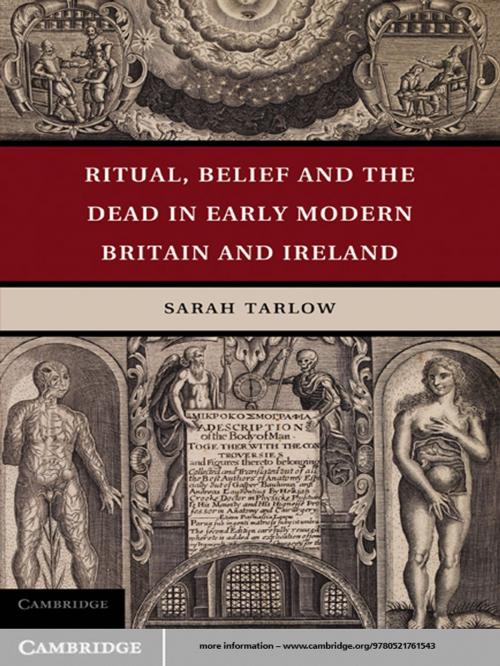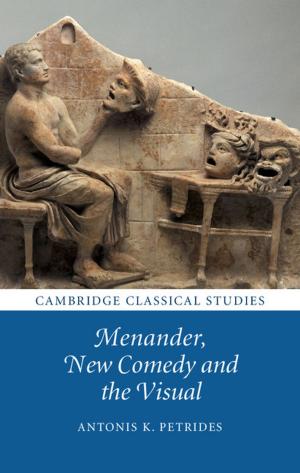Ritual, Belief and the Dead in Early Modern Britain and Ireland
Nonfiction, History, Renaissance, Social & Cultural Studies, Social Science, Archaeology| Author: | Sarah Tarlow | ISBN: | 9781139209199 |
| Publisher: | Cambridge University Press | Publication: | November 22, 2010 |
| Imprint: | Cambridge University Press | Language: | English |
| Author: | Sarah Tarlow |
| ISBN: | 9781139209199 |
| Publisher: | Cambridge University Press |
| Publication: | November 22, 2010 |
| Imprint: | Cambridge University Press |
| Language: | English |
Drawing on archaeological, historical, theological, scientific and folkloric sources, Sarah Tarlow's interdisciplinary study examines belief as it relates to the dead body in early modern Britain and Ireland. From the theological discussion of bodily resurrection to the folkloric use of body parts as remedies, and from the judicial punishment of the corpse to the ceremonial interment of the social elite, this book discusses how seemingly incompatible beliefs about the dead body existed in parallel through this tumultuous period. This study, which is the first to incorporate archaeological evidence of early modern death and burial from across Britain and Ireland, addresses new questions about the materiality of death: what the dead body means, and how its physical substance could be attributed with sentience and even agency. It provides a sophisticated original interpretive framework for the growing quantities of archaeological and historical evidence about mortuary beliefs and practices in early modernity.
Drawing on archaeological, historical, theological, scientific and folkloric sources, Sarah Tarlow's interdisciplinary study examines belief as it relates to the dead body in early modern Britain and Ireland. From the theological discussion of bodily resurrection to the folkloric use of body parts as remedies, and from the judicial punishment of the corpse to the ceremonial interment of the social elite, this book discusses how seemingly incompatible beliefs about the dead body existed in parallel through this tumultuous period. This study, which is the first to incorporate archaeological evidence of early modern death and burial from across Britain and Ireland, addresses new questions about the materiality of death: what the dead body means, and how its physical substance could be attributed with sentience and even agency. It provides a sophisticated original interpretive framework for the growing quantities of archaeological and historical evidence about mortuary beliefs and practices in early modernity.















